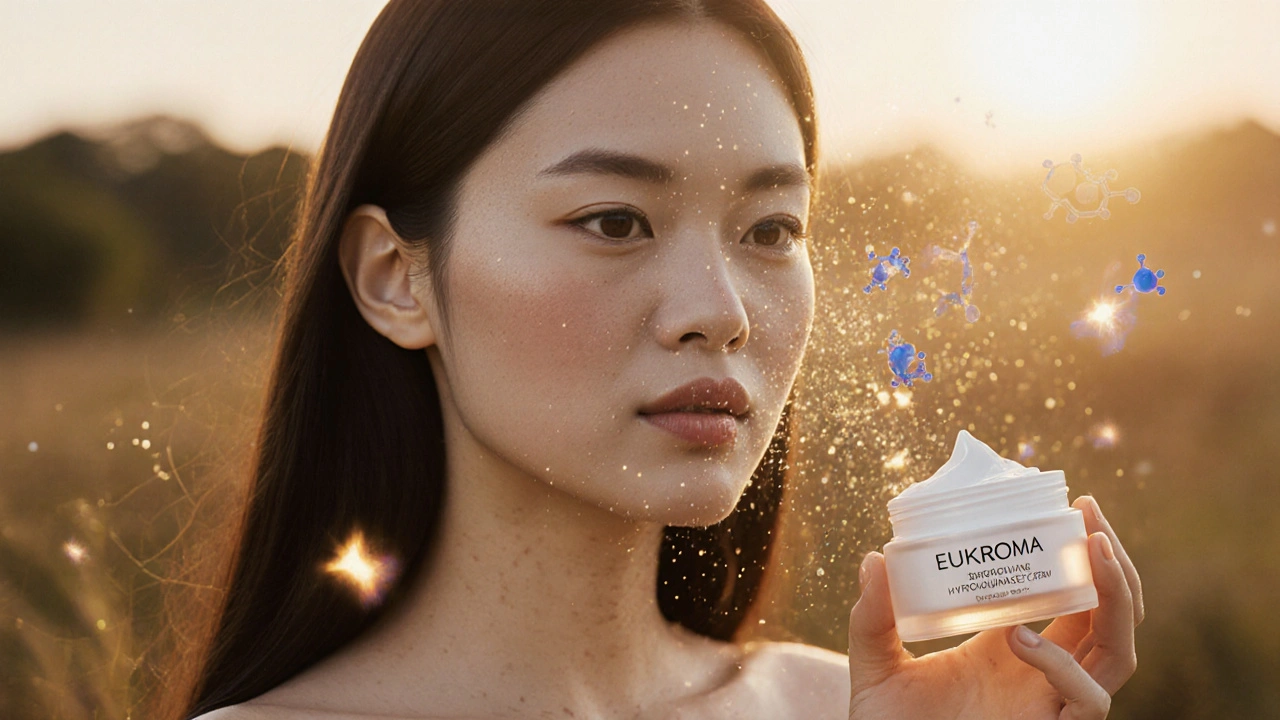If you've ever struggled with dark spots, melasma, or uneven skin tone, hydroquinone might be a name you've heard. It's a popular ingredient used in skincare to lighten hyperpigmentation by reducing melanin production in the skin. But how exactly does it work, and is it safe? Let's break down what hydroquinone is all about and what you should keep in mind.
Hydroquinone targets the skin cells that produce melanin — the pigment responsible for the color of your skin. When melanin is overproduced in certain areas due to sun exposure, inflammation, or hormonal changes, dark spots appear. Applying hydroquinone can help slow down this melanin production, giving your skin a more even tone over time.
You usually see hydroquinone in creams or gels, available in different strengths. Doctors often recommend starting with lower concentrations to see how your skin reacts. Typically, you should apply it once or twice a day to affected areas, but it's important to follow the instructions carefully to avoid irritation.
While hydroquinone can be quite effective, it’s not a magic fix. Results often take several weeks, and consistent use is key. But keep in mind, your skin can be sensitive to it, sometimes causing redness or dryness, especially if you're new to the product.
Also, because it affects skin coloring, you should always protect your skin from direct sunlight while using hydroquinone. Sunscreen with a high SPF is a must to prevent new dark spots and protect your results.
There are some concerns about hydroquinone's safety if used improperly or for very long periods — including risks of ochronosis, a rare darkening of the skin. That’s why doctors usually recommend using it for limited periods and under supervision.
In short, hydroquinone can be a helpful tool to tackle stubborn skin discoloration if used right and paired with sun protection. If you’re considering it, chat with a dermatologist to get a plan that fits your skin’s needs and helps you avoid any issues.

